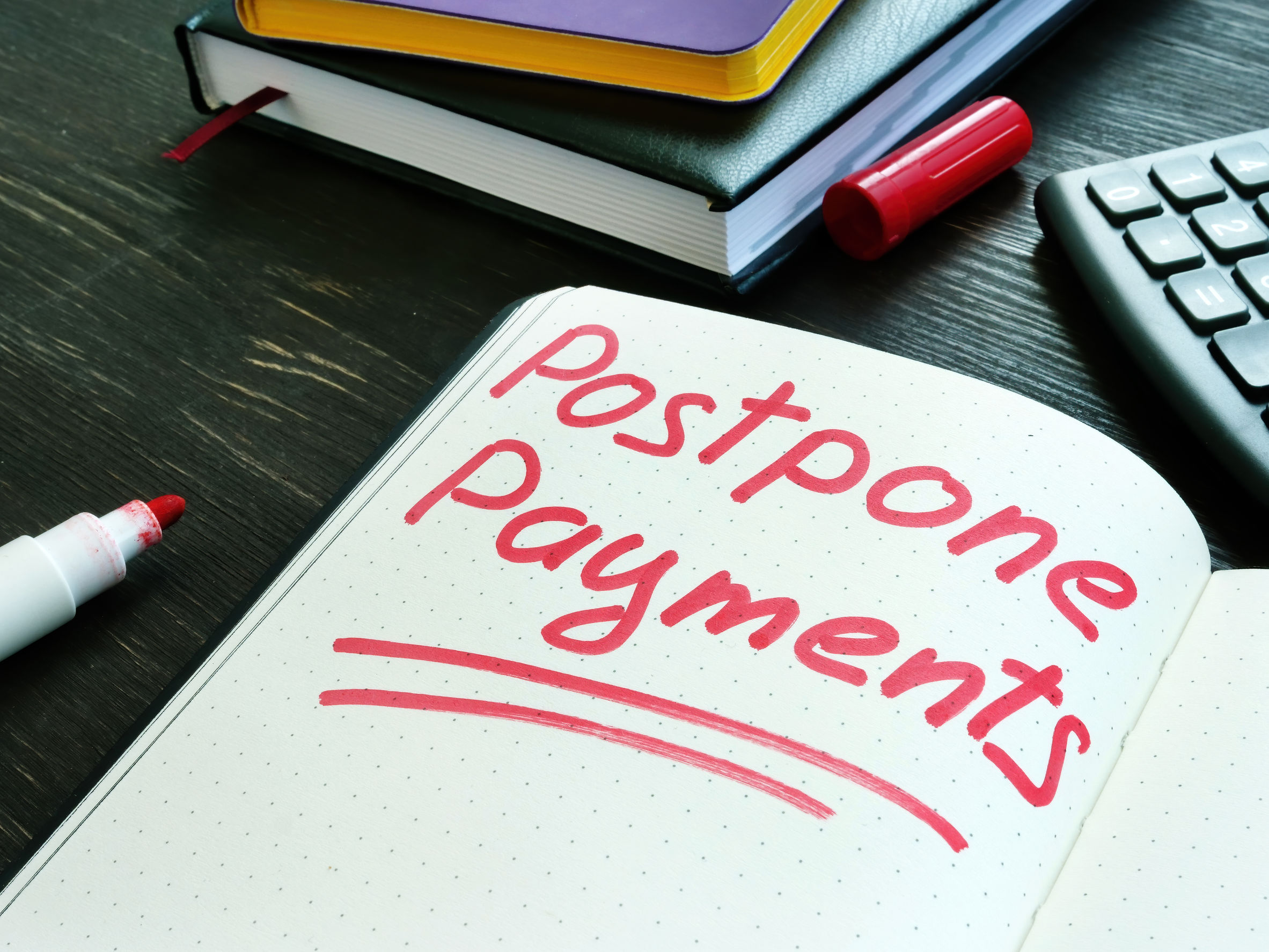Suspending Payments for Short Term Financial Difficulties
As mentioned in the repayment plan options, changing plans when qualified is permitted, and is often the first choice to address payment affordability, but what if it’s not enough to help?
As mentioned in the repayment plan options, changing plans when qualified is permitted, and is often the first choice to address payment affordability, but what if it’s not enough to help?

With many federal student loans, you have options like deferments and forbearances. These loan lifelines help by suspending payments for short-term financial difficulties. How short is short? One month up to twelve months is common before these options would have to be renewed or assistance would be denied. These options pros also have cons. While they allow you to suspend payments without penalty (pro), they often still accrue interest (con). The interest gets capitalized and added back to the loan amount, which increases the loan total, leaving you paying interest on interest. It’s important to note that some types of deferments and forbearances do not accrue interest, but you must qualify to participate. Consult your servicer to discuss your specifics.
Available for up to three years. Eligibility is based on income and family size, those receiving certain government welfare, and those serving in the Peace Corps.
For continuing or returning students enrolled at least half-time at an eligible school.
Available for active duty and some post-active duty military service in connection with a war, military operation, or national emergency.
Available for up to three years. You may be eligible for this deferment if you receive unemployment benefits or are seeking and unable to find full-time employment.
Private student loans may have possibilities to postpone payments, but those will be lender specific, check with your servicer for options.
Remember, if you’re unable to make your monthly payment, communicating your concerns to your loan servicer should open some possibilities. Simply skipping unaffordable payments could result in negative credit reporting, late fees, and loan default.
Accrued Interest — Interest that has accumulated on a loan but has not yet been paid.
Capitalized Interest — The amount of accrued interest that is added to the loan balance resulting in a new (higher) balance.
Consolidate — Combining multiple loans into a single loan with a single payment.
Default — The failure to repay a loan according to the terms agreed to in the promissory note. May result in legal action, including wage and tax seizure.
Deferment — A set time for a temporary postponement of loan payments. Does not always postpone interest.
Delinquency — A loan status for overdue payments. Extended delinquency can result in loan default.
Discretionary income — The amount after taxes and living expenses used as qualification for some repayment plans.
Forbearance — An option to temporarily suspend or reduce loan payments.
Garnishment — A legal course of action for a percentage of money to be withheld from a borrower’s paychecks, tax refunds, and Social Security Income (SSI) and applied towards student loan repayment.
Grace period — The set amount of time after you graduate, withdraw, or drop below half-time enrollment before you must begin loan repayment. Not all loans have grace periods, but for most federal student loans, the grace period is six months. Confirm with your servicer.
Interest — The cost of borrowing money that is added to the loan based on the rate of the original loan amount.
Interest rate — A set percentage of loan principal that calculates the amount of interest due.
Loan rehabilitation — The recovery of a defaulted loan through required payments over a specific time that reinstates the loan to good standing. Also reinstates loan repayment and postponement benefits.
Loan servicer — Companies that disburse, manage and collect payments on a loan.
Promissory note — A legal document stating the terms of a loan that is agreed to by all involved parties.
Subsidized — A type of student loan that the government partially or temporarily pays the interest that accrues.
Unsubsidized — A type of student loan that accrues interest as soon as the loan is disbursed-including while students are enrolled in school.